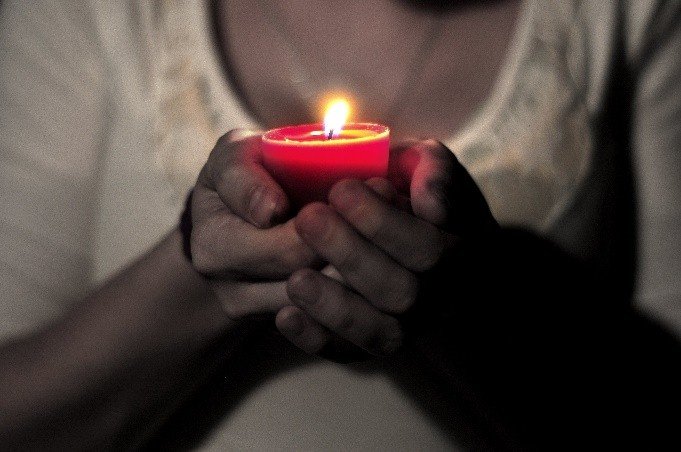By Priyanka Zacharias | International Strategic Partnerships Manager
In Ethiopia there are thousands of vulnerable children* encountering hunger, poverty, violence and abuse on a daily basis. Retrak’s principal aim is to reintegrate these children back into a safe family environment.
In the two months December 2019-January 2020, Retrak reached 652 children through outreach or referral; 124 were reintegrated with their families or placed in alternative, family-based care. We also provided safe shelter and protection to 352 children in the Retrak Lighthouses (short-term transitional centres).
At Retrak’s Lighthouses, children are supported to overcome trauma by accessing catch-up education (taught in line with the national curriculum), psychosocial counselling and the medical care they so urgently need. We use a child-rights approach to work with the children, meaning that together with them, plans are made for their next steps. Retrak social workers contact each child’s family to assess whether it is safe and appropriate for children to go home. When this is impossible, Retrak ensures that alternative family-based care arrangements – such as foster care or supported independent living – are made.
Below is a story of Sara, who is back with her family thanks to the support of donors like you.
Sara* is aged 16, and was born in Amhara, Ethiopia. About four years ago, she left home to be a domestic worker in the city, and, despite her tender age, immediately began to encounter multiple challenges to her survival.
For two years, from the age of 12, Sara was sexually abused by her employer. When his wife realised what was happening she refused to pay Sara the salary she was owed and threw her out. Sara went back home – and soon realised she was pregnant. The child she gave birth to died, aged four months.
Without having received support for her grief or abuse, Sara decided to try domestic work again and left home for Addis Ababa. Life in the capital is not easy for a vulnerable 14-year-old girl on her own. Again she was exploited and physically abused by her employer, forced to work from dawn till dusk with no rest. She tried to find another position, but with no one to act as guarantor it was impossible. After two years, she again decided to return home, and ran off without collecting her salary.
Alone and vulnerable, Sara was found by a police officer, wandering the streets of the capital in a state of distress. Retrak has nurtured relationships with Ethiopia’s police force, which meant that the officer knew the best course of action. He referred her to one of the Retrak Lighthouses, where she arrived in a state of trauma.
Trained Retrak staff provided Sara with the support and care she so desperately needed. Two weeks at the Lighthouse started to address her feelings of loss and isolation, and she began to communicate with the other girls. Over time, our support services – catch-up education, healthcare and lifeskills, all designed to rebuild resilience and self-esteem – brought Sara to the point where she could tell Retrak staff she was eager to go back home. Part of Retrak’s work is to ensure that the proper groundwork is carried out before a child is returned to their family, and Lighthouse social workers make as many visits as are needed to find out why the child left in the first place, and to ensure that the environment they return to is safe. They also arrange follow-up visits to make sure ongoing support is available as required, for up to two years.
The catch-up education classes which Sara participated in at the Retrak Lighthouse have enabled her to go back to school. Now, she’s happily living back with her family, and being supported by them to finish her education.
*Name changed to preserve anonymity
**children under 18 who spend the majority of their time living or working on the streets
Project reports on GlobalGiving are posted directly to globalgiving.org by Project Leaders as they are completed, generally every 3-4 months. To protect the integrity of these documents, GlobalGiving does not alter them; therefore you may find some language or formatting issues.
If you donate to this project or have donated to this project, you can receive an email when this project posts a report. You can also subscribe for reports without donating.


